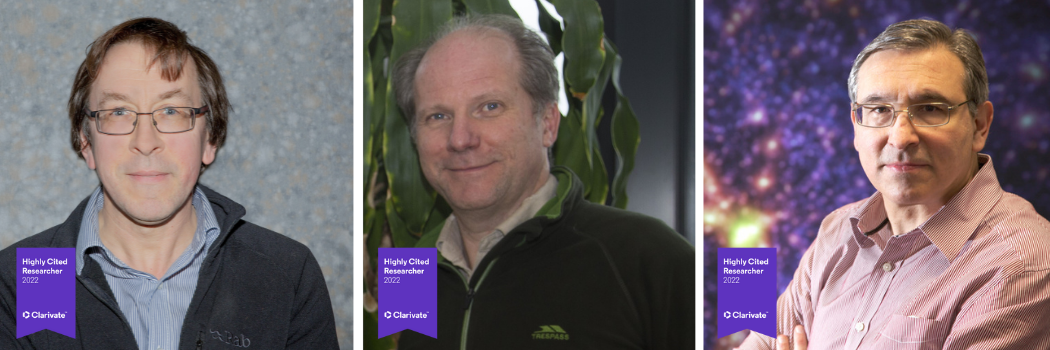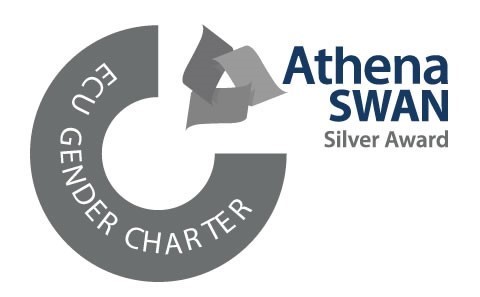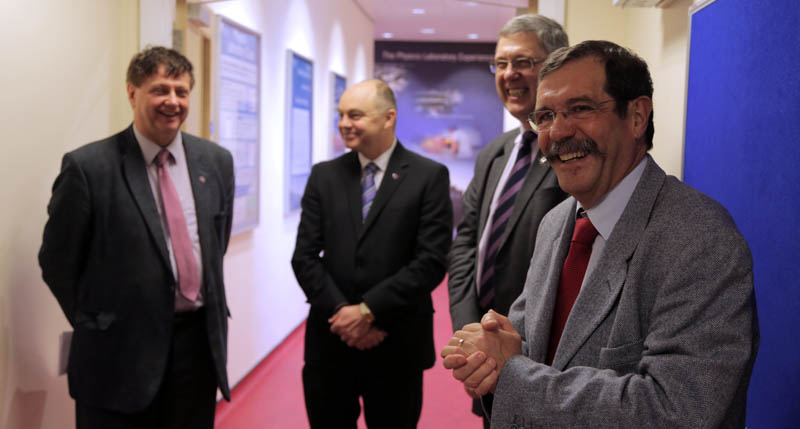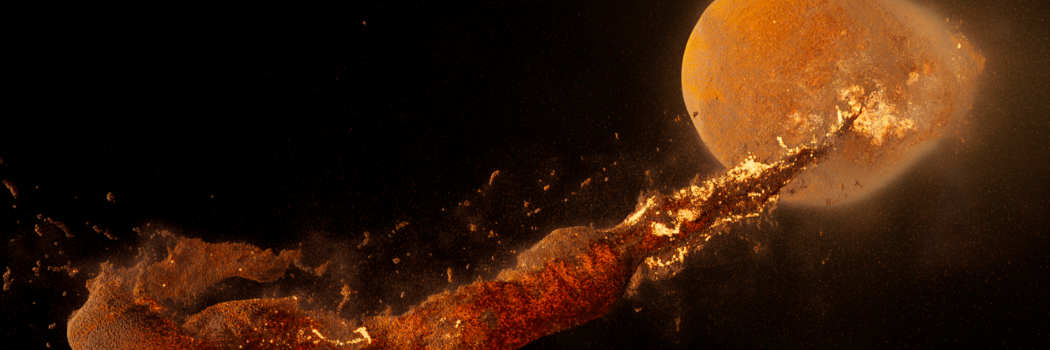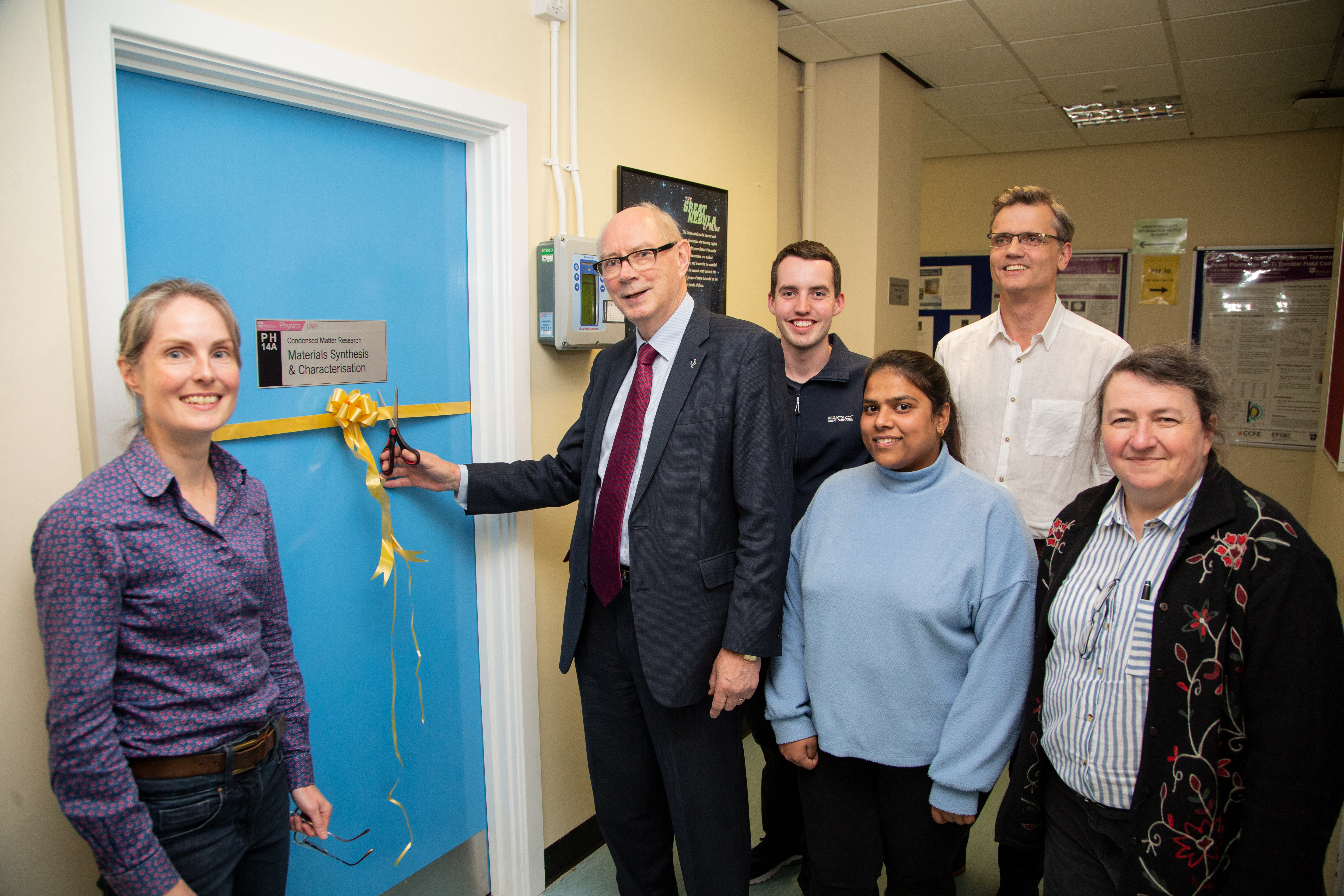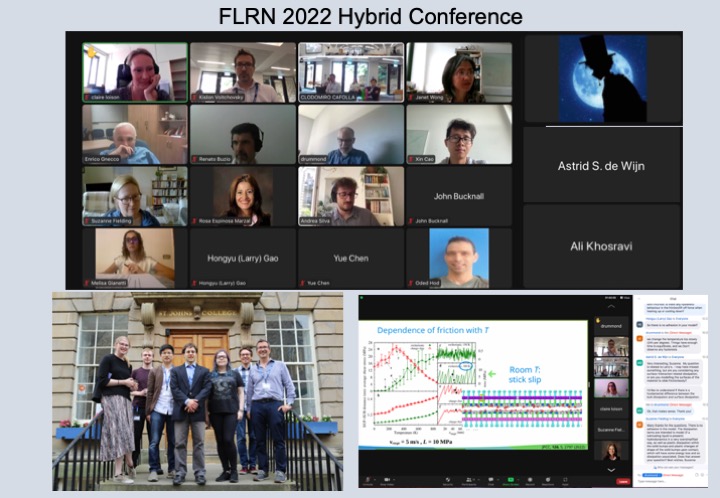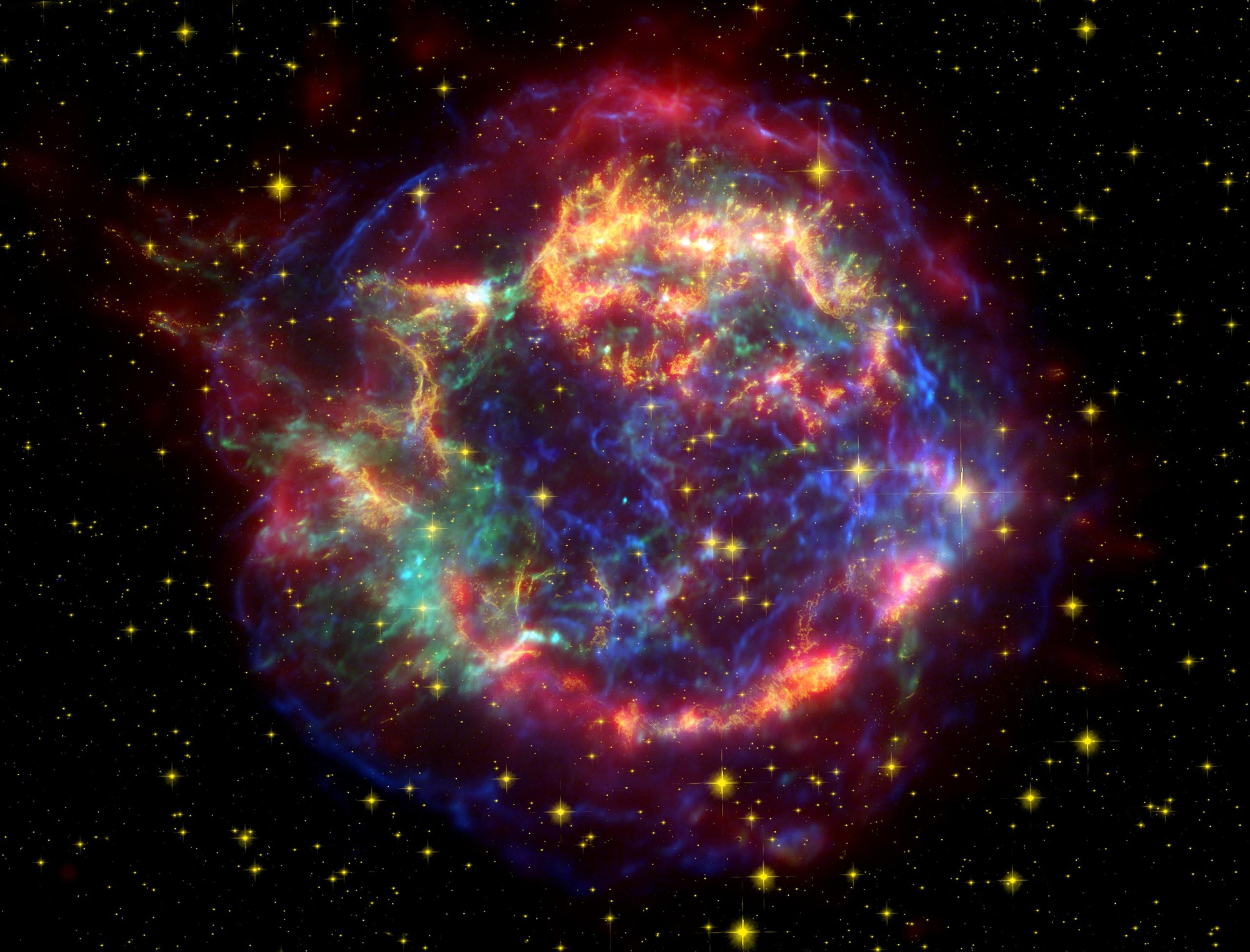Latest News
Cosmic factory’s origins revealed
Our scientists have helped to shed new light on "factories" in outer space that produce elements used in the creation of planets, galaxies, and life.
Centre for space research celebrates 20th anniversary
Our Ogden Centre for Fundamental Physics is celebrating its 20th anniversary.
Durham graduate named new generation astronaut
We’re exceptionally proud to say that Durham graduate Dr Rosemary Coogan has been named as a new generation astronaut.
Prominent Durham Professors named in Clarivate Highly Cited Researchers 2022
Our academics are leading the way for world-class research and their influence and research quality has been recognised with their inclusion in the prestigious Clarivate Highly Cited Researchers for this year.
Would you wear a living shoe? How Durham academics have used microbes to create living materials, granting structure and motility in biohybrid systems
Dr Margarita Staykova from the Centre for Materials Physics has teamed up with Durham University sociologist Professor Tiago Moreira to discover some of the science and ethics of using microbes to create materials.
Athena Swan Silver Award
We are Delighted to announce that the Physics department has been awarded Athena Swan Silver status until 2027 after going through a rigorous
re-accreditation process.
#takemebacktuesday: Reflecting on 2022's Nobel Prize in Physics winner Prof. Alain Aspect, who opened our revamped laboratories ten years ago.
The Nobel Prize in Physics 2022 was awarded to Alain Aspect, John F. Clauser and Anton Zeilinger "for experiments with entangled photons, establishing the violation of Bell inequalities and pioneering quantum information science".
Supercomputer simulations reveal new possibilities for the Moon's origin
Our pioneering scientists from the Institute for Computational Cosmology used supercomputer simulations to reveal an alternate explanation for the Moon’s origin, as a satellite placed immediately into orbit following a giant impact between Earth and a Mars-sized body.
Prestigious grant awarded for research into Quantum Simulation and Ultracold Molecules
Professor Simon Cornish of the Quantum Light and Matter (QLM) research section has been awarded a prestigious UKRI Frontier Research Grant: “SimPoMol – Quantum Simulation with Ultracold Polar Molecules” The grant is for £2.6 million and started on 1st October.
Redeveloped CMP laboratories officially opened
Professor Brian Tanner, former Head of the Physics Department, officially opened three new laboratories on behalf of the Centre for Materials Physics.
Friction, Lubrication and Rheology at the Nano and Mesoscale
We are delighted to share the success of the FLRN 2022 Conference in spite of the impact of the concurrent COVID and heat waves! Following on the positive feedback on the NanoLubrication 2021 Conference, Miro Cafolla (Physics, CMP) organised a meeting also this year (20-21 July 2022) with the generous support of the Institute of Advanced Studies.
First images from new space telescope part-developed in Durham
The James Webb Space Telescope (JWST) – which Durham helped to develop and engineer – has captured its first images.


/prod01/prodbucket01/media/durham-university/departments-/physics/teaching-labs/VT2A9034-1998X733.jpeg)
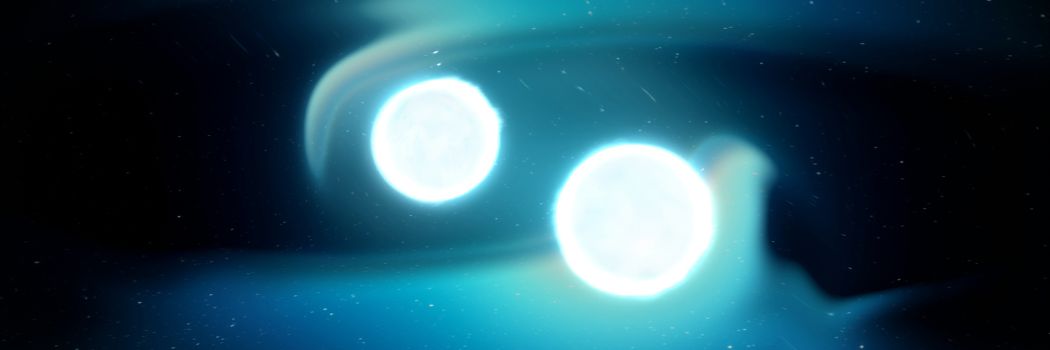
.jpg)

